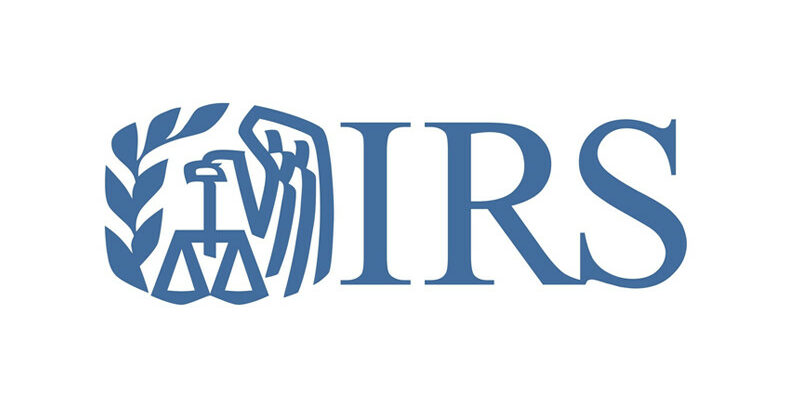A statement from U.S. Senator Mike Crapo (R-Idaho) made on June 1, 2023:
“Madam President, the Inflation Reduction Act, IRA, contained a provision for the Internal Revenue Service, IRS, to spend $15 million to deliver a report to Congress on an IRS-run and maintained “Direct eFile” tax return system. This was not a bipartisan provision. In fact, not one Republican Senator or Representative supported the IRA, and none had an opportunity to vote on this specific provision.
The report, released on May 16, 2023, was supposed to address the cost of such a system and the safeguards to protect taxpayers, surveys of taxpayer opinions and findings of an “independent third party” on the overall feasibility, approach, schedule, cost, organizational design and IRS capacity to deliver such a Direct eFile tax return system. It fell far short of these requirements and was conducted by third parties who had previously expressed a desire for the IRS to make such an undertaking. Beyond these flaws, the report simultaneously announced that the IRS had already built functioning multilingual, mobile friendly, tax preparation and filing software. However, the Inflation Reduction Act only authorized the IRS to spend funds on a report, not the building of the prototype system.
The implementation of this provision by the Biden administration has clearly violated Congress’s statutory direction. Worse, the decision by the administration to build and publicly launch such a Direct eFile system by January 2024, all without congressional authority, and using report and IRA funds further violates the IRA and exceeds the IRS’s statutory authority.
The IRS has publicly indicated it began the diversion of report funds to the building of the software as early as December 2022, but the software development using report funds was not disclosed to the public or the Senate until May 16, 2023. This is particularly disappointing and completely without justification.
IRS Commissioner Daniel Werfel appeared before the Senate Finance Committee on April 19, 2023. In response to specific questions by both the majority and minority about the report and the IRS’s intentions, he not only failed to disclose the building of this software and the diversion of report funds for this purpose, but also stated that the IRS had not yet decided to act, when the facts strongly suggest that it had. These responses do not build the trust he will need to obtain bipartisan support from committee members.
The Fiscal Responsibility Act contains a provision rescinding certain IRA funds for the IRS, including unspent funds on the report provision. An honest and forthright accounting from the IRS with respect to its actions here is essential, including when expenditures were made and if payments were being made in advance of the work being accomplished. Such accountability is a top priority.
With respect to the Direct eFile system, the IRS has provided no evidence it has authority to create such a system, and, indeed, the evidence strongly indicates it does not. The IRS must immediately disclose to the Finance Committee and American people the statutory provisions it has relied upon to authorize the administration’s grand foray into becoming a tax preparation company, blurring lines that should not be crossed. In doing so, the IRS will also have to explain how it has not violated case law prohibiting study provisions authorized by Congress from being converted by administrative agencies into implementation decisions, as well as those addressing instances where the IRS has been found to have unilaterally acted beyond its statutory authority.
Make no mistake: Congress has the final say on the ability of the IRS to build and field a Direct eFile program that puts the IRS–the tax collector and enforcer–in the business of tax preparation. Beyond this clearly being Congress’s prerogative, many policy reasons weigh against the IRS action, including the intractable conflict of interest of the IRS being tax return preparer, adviser, collector, enforcer, and, in many cases, adjudicator.
It is particularly poignant in the context of a bill that attempts to rein in excessive Federal spending to address an Agency action that will assuredly result in billions in future, and ongoing, expenses to the Federal fisc.
We must return to regular order and let Congress express itself, rather than be ignored by an Agency intent on overstepping its bounds.”
— U.S. Senator Mike Crapo (R-Idaho)




